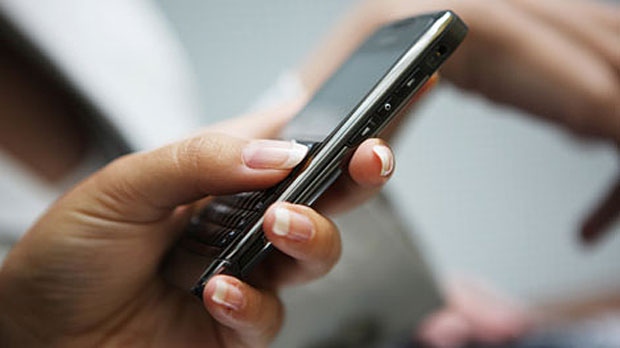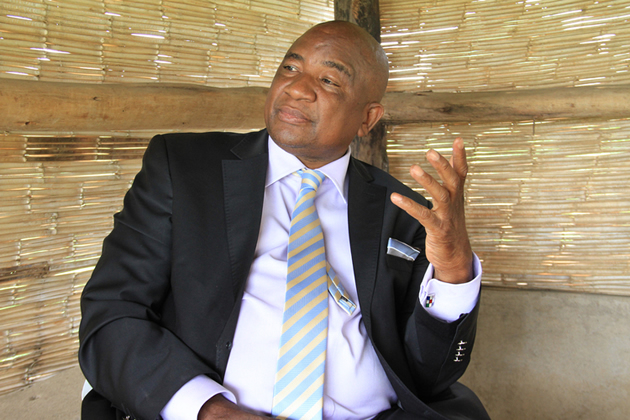Using mobile phone technology for development

Shepherd Mutsiwegota : Our Children, Our Future
As access to the internet increases and more and more people switch towards “over the top” services such as WhatsApp, Twitter and Facebook, the old means of communication, such as called Short Message Service (SMS) may slowly be losing their appeal. Having appeared on mobile devices as far back as the 1980s, the SMS communication medium, though having taken a beating over the years, refuses to give up the ghost. If you ask yourself when last you interacted with SMS, most probably the answer would point to you either receiving a call-me-back or some notification from your mobile money wallet advising you that money had been deposited into your account (we won’t talk about those messages that the mobile networks send to you almost on the hour as if to remind you that your cellphone is still working).
But there’s an innovation out there that is using SMS technology to amplify the voices and views of young people in developing countries. U-Report, UNICEF’s groundbreaking, text message-based innovation, originally emanated from Uganda as a local innovation to help young people to engage on issues that affected their lives and futures. By mid-June last year, the innovation had been adopted by 28 countries, including Zimbabwe, and is being used by young people every day to voice their opinions, connect to their leaders, and help change the conditions in which they live.
In Uganda, for example, every Member of Parliament has signed up for U-Report and they are using it to monitor and respond to what young people in their constituencies are saying about various issues. Some leaders have used it to strengthen immunisation and other health campaigns.
In Nigeria, the platform helped health workers to share critical information about Ebola, polio, and newborn care with families living in remote areas that health workers could not easily reach.
In Zimbabwe, U-Report took off in earnest in June 2015 and is being spearheaded by the Zimbabwe Youth Council (ZYC) with support from UNICEF. So far, almost 40 000 people have registered as U-Reporters. With the El Nino-induced drought in full swing, U-Report is being used to monitor the functionality of boreholes and other water sources in rural areas on a weekly basis. The information gathered is used in responding to areas where the greatest needs lie.
But what exactly is U-Report and what does it do? U-Report is essentially an SMS platform that allows young people to have their say on different development issues in and around Zimbabwe through a public poll. Every week, ZYC sends out through SMS a question on a topical issue to all UReporters.
The U-Reporter then responds to the question via SMS and the answers are automatically collated and can be viewed on the UReport website – www.zimbabwe.ureport.in . Previous polls have been based on issues such as food insecurity, drought, child marriages, drug abuse, HIV testing and counselling and access to adolescent sexual reproductive health.
Results from these polls are used for evidence-based programming by various stakeholders and for advocacy.
Anyone can become a U-Reporter. All an individual does is to send the word “JOIN ME” to 33500, which is the shortcode that has been set aside for this purpose. The message can be sent from a number that subscribes to any of the three mobile network operators in Zimbabwe. The subscriber will then receive a message taking them through a simple profiling process that includes answering questions such as sex, age and what name they would like to be known by (they can use a nickname if they so prefer).
Once the registration is complete, the subscriber is now officially registered as a U-Reporter and will be able to receive poll questions.
The technology has been developed in such a way that U-Reporter phone numbers remain anonymous to the system. All that is visible is a unique code identifier that is attached to every UReporter.
The best part? U-Report is totally FREE. In other words, U-Reporters are not billed for the SMS messages they send or receive. In addition, because it is an SMS platform, U-Reporters do not need access to the internet in order to send or receive messages.
The author is an Innovations Consultant with UNICEF Zimbabwe.









Comments